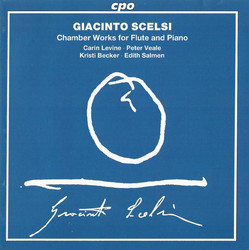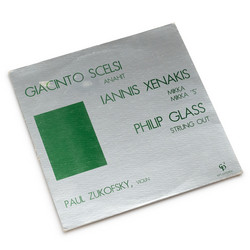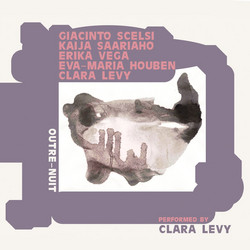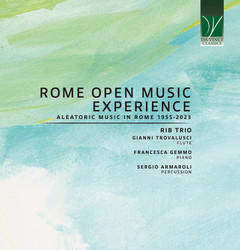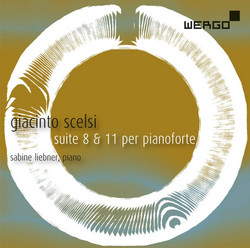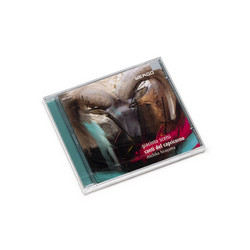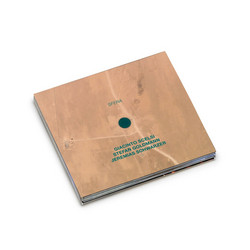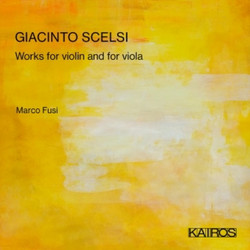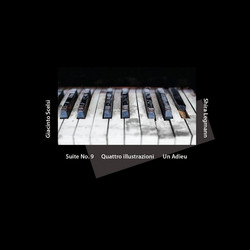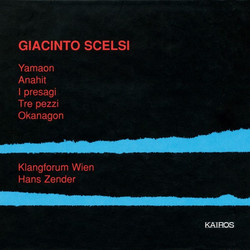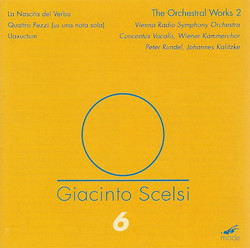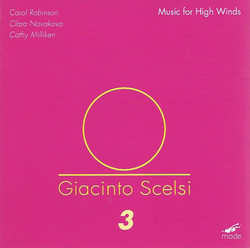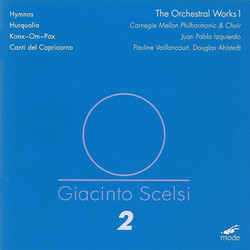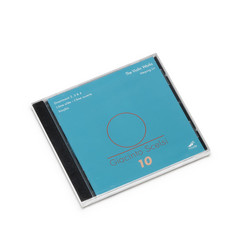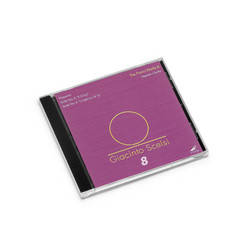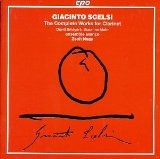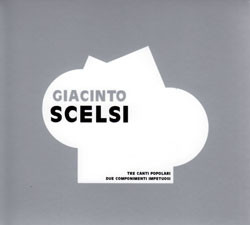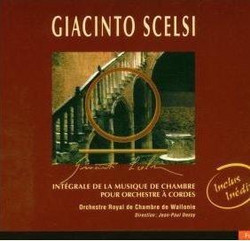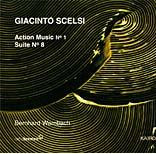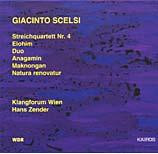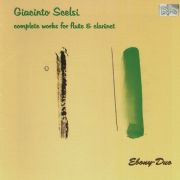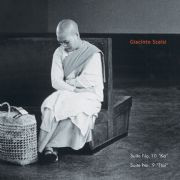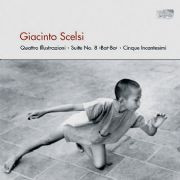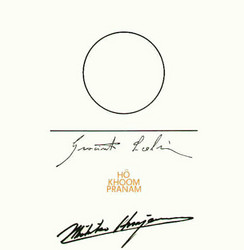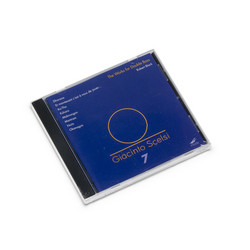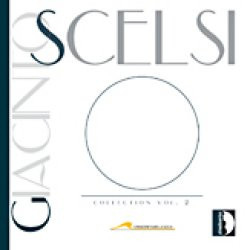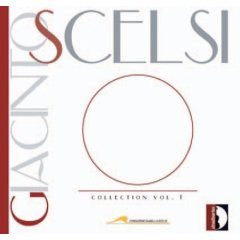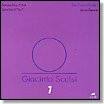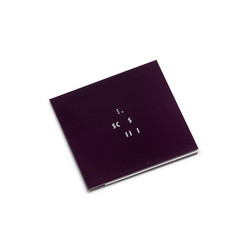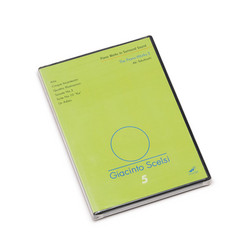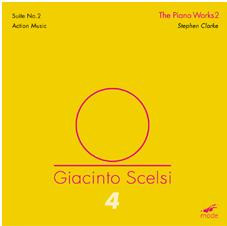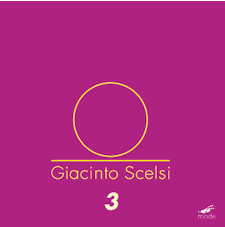Giacinto Scelsi
Giacinto Scelsi was an Italian composer who also wrote surrealist poetry in French. He is best known for writing music based around only one pitch, altered in all manners through microtonal oscillations, harmonic allusions, and changes in timbre and dynamics, as paradigmatically exemplified in his revolutionary Quattro Pezzi su una nota sola ["Four Pieces on a single note"] (1959). His musical output, which encompassed all Western classical genres except scenic music, remained largely undiscovered even within contemporary musical circles during most of his life, until a series of concerts in the mid to late 1980s finally premièred many of his pieces to great acclaim, notably his orchestral masterpieces in October 1987 in Cologne, about a quarter of a century after those works had been composed and less than a year before the composer's death (he was able to attend the premières and personally supervised the rehearsals)
Giacinto Scelsi was an Italian composer who also wrote surrealist poetry in French. He is best known for writing music based around only one pitch, altered in all manners through microtonal oscillations, harmonic allusions, and changes in timbre and dynamics, as paradigmatically exemplified in his revolutionary Quattro Pezzi su una nota sola ["Four Pieces on a single note"] (1959). His musical output, which encompassed all Western classical genres except scenic music, remained largely undiscovered even within contemporary musical circles during most of his life, until a series of concerts in the mid to late 1980s finally premièred many of his pieces to great acclaim, notably his orchestral masterpieces in October 1987 in Cologne, about a quarter of a century after those works had been composed and less than a year before the composer's death (he was able to attend the premières and personally supervised the rehearsals)
